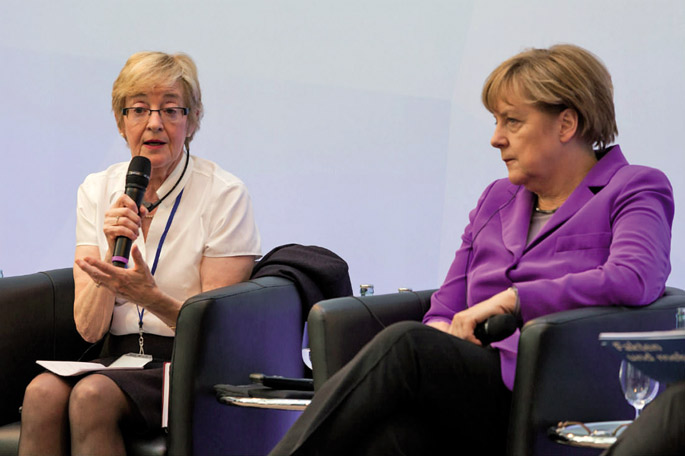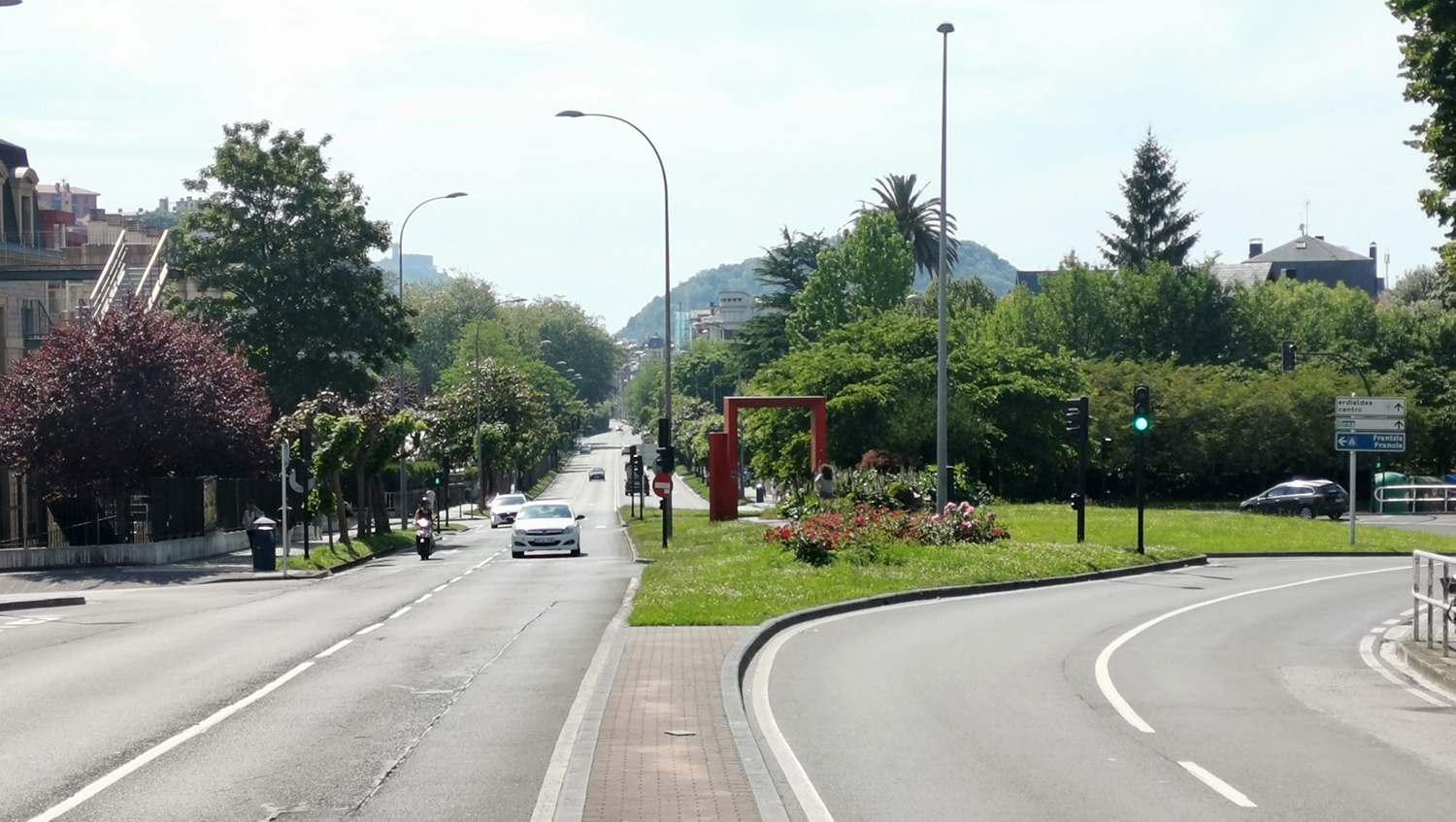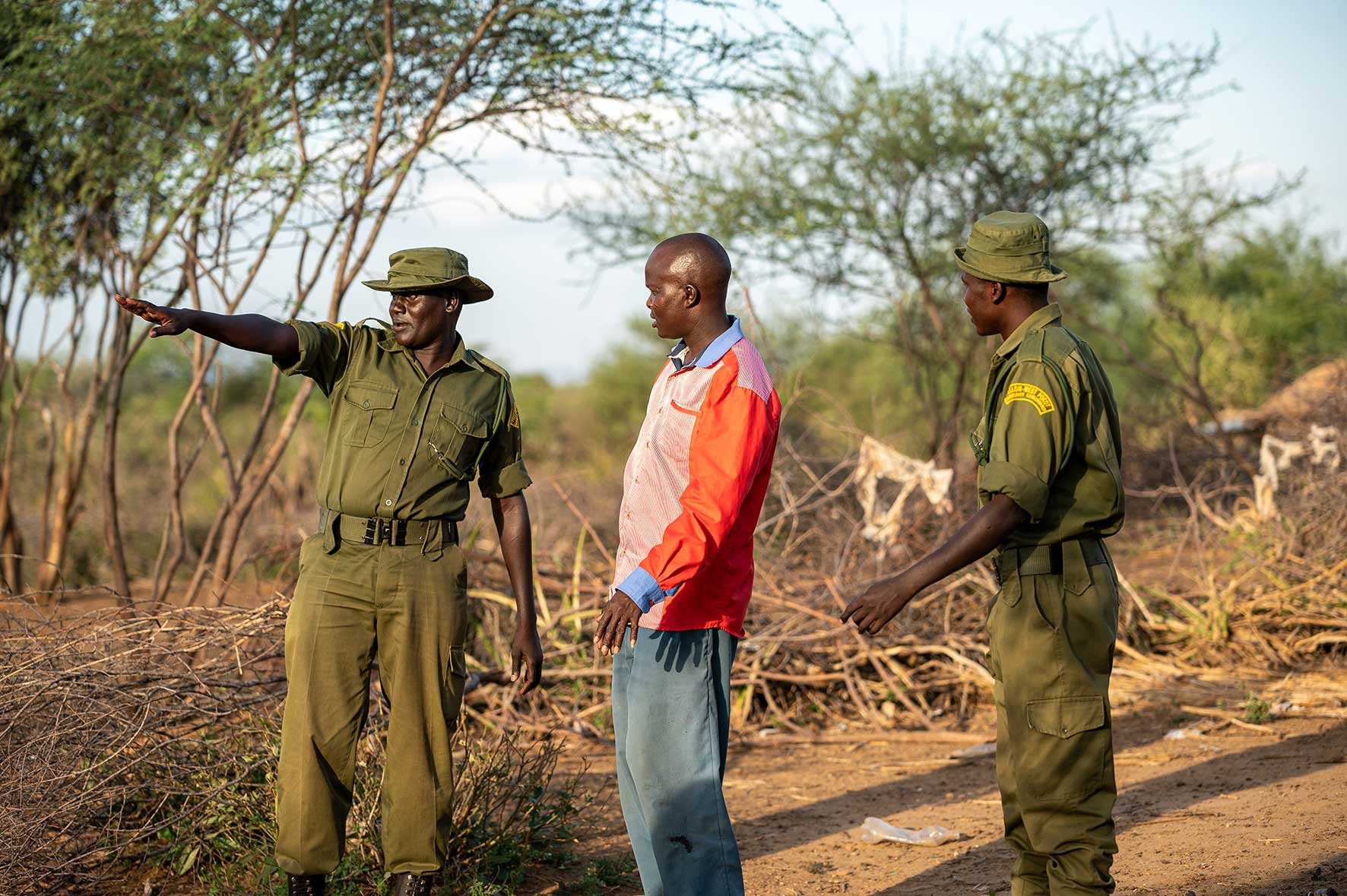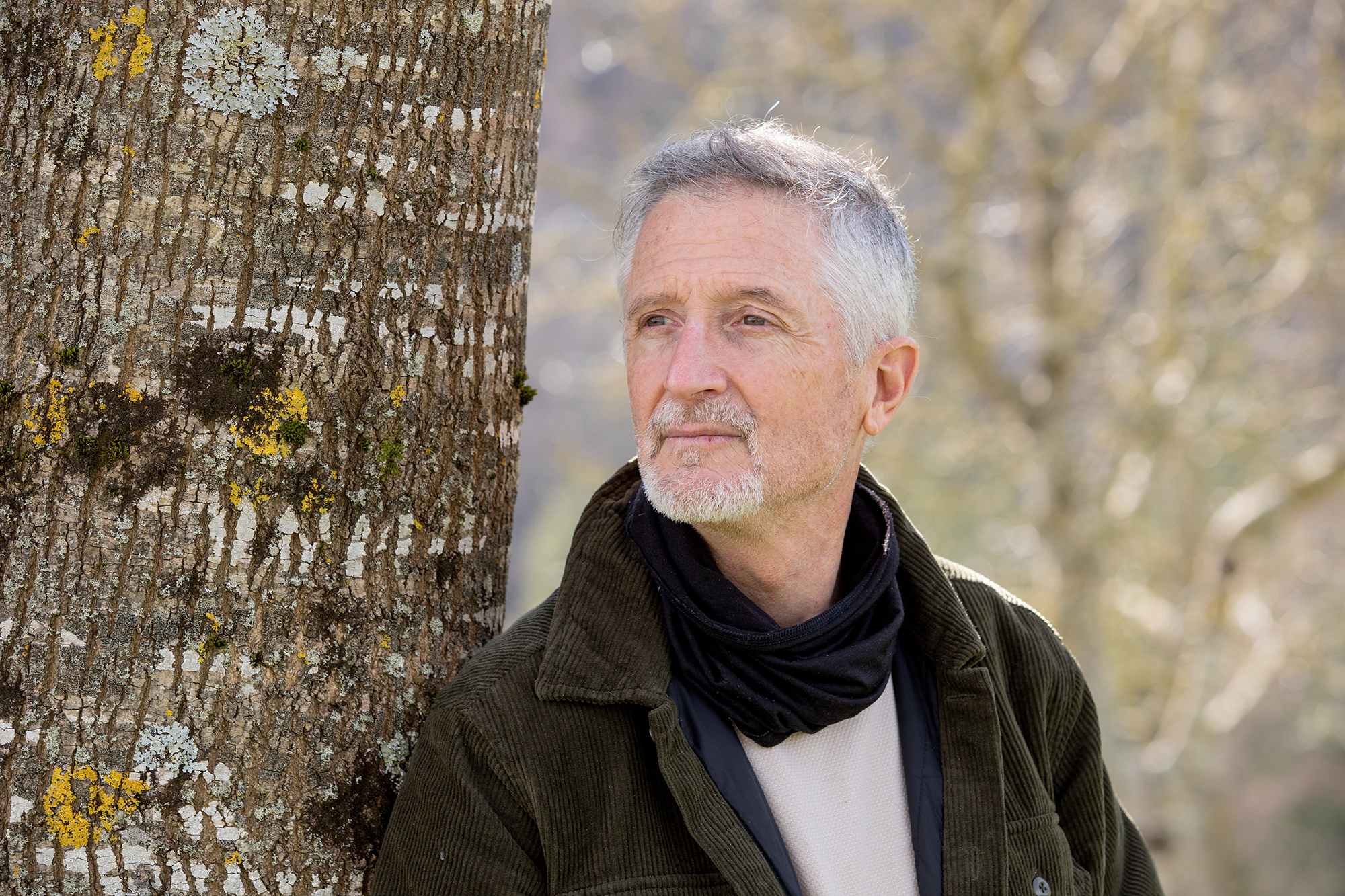Water, megápolis and crisis: CO2 doesn't explain everything
- On the eve of the Conference on Climate Change COP21, on 1 December, UNESCO held the Congress “Water, Megpoles and Global Change” in Paris. Canadian Maude Barlow, a well-known leader in other justice struggles and denouncing the water crisis, tried to make the issue present in the debates in Paris.

As COP21 is about to begin in Paris, the problems that were lacking on the agenda that Canadian Maude Barlow raised on the table are that all over the world the cities – the megapolis – are growing and their inhabitants are not guaranteed the right to water, a major ecological crisis is taking place, the rivers are drying up, the groundwater layers are running out at full speed.
From this they spoke at the congress “Water, Megápolis and Global Change” held in Paris between 1 and 4 December and the portrayed engineer Daniel Hofnung announced on his ATTAC website the conference of Mrs. Barlow. Hofnung is a passionate and qualified militant in favour of smart water management and against the incinerator of his people, Ivry-sur-Seine (in practice it is the Paris neighbourhood), as well as being the head of the ATTAC.
Hofnung summarizes the importance of the topic as follows: “The process started in Kyoto has focused on the influence of greenhouse gases on the climate, proposing the reduction of gas emissions in the atmosphere and, consequently, the consumption of fossil fuels. But he has forgotten the other process, the deterioration of the water cycle, with the damage it does to the climate and the good that the recovery would do. Because it offers us a way to regenerate the planet.”
In this perspective, Maude Barlow (Canada, 1947) is a world-renowned authority. An ecologist, peace and human rights fighter, author of a series of books, leads the Council of Canadians movement, which defends citizens' rights in the face of attacks by multinationals. As in anti-globalization forums, Barlow often sees himself challenging mining corporations with Canadian indigenous people on his streets.
Under the title A blue and just future is possible, the conference it held on 1 December in Paris, to which we then summed up, set as an example that the blue and fair future is possible. An optimistic phrase, which I should draw after before the black panorama. This woman always proclaims her hope, so on another occasion she told a Christian magazine: “People who fight injustice are resigned because they don’t know what else to do. Part of my job is to be there, giving hope and saying ‘don’t give in’.”
Humanity faces a great challenge, says Barlow. The cities of developing countries are surrounded by chabolerías to which hunger and the climate crisis have led millions of poor people. By 2030, half of the population of big cities will live in these bidonvilles. Today many do not have clean water at their disposal, polluting or depleting traditional sources, they cannot afford privatized expensive water.
A new ethics of water
Beijing, Delhi, Munbai, Kolkata, Manila, Mexico, Caracas, Lagos, Abidjan, Tehran, Johannesburg -- all have water shortages. But being in an emergency situation because of the drying out of a Sao Paulo (Brazil) that alone would need enough water demonstrates how the ecological crisis affects humanity.
There's less and less clean water on the ground. We explode the rivers until we deplete them, and many of the great ones don't even reach the sea. Since 1990 half of China ' s major rivers have disappeared. We're also depleting underground aquifers. The Arab Aquifer System, which has 60 million people on the verge of being satiated in the Middle East, the Indus Valley in India and the California Valley in the United States.
After all, humanity has three knots that are hard to release. First, we need to understand climate change in its entirety. The CO2 emitted by burning fossil fuels is only half the problem.
Most of the destroyed waters have not been eliminated by climate change: we have destroyed them with overexploitation and misuse, destroying the basins of the valleys, reducing the capacity of the soils, bringing down the forests... It is not explained to the public that the dismantling of the tropical rainforest in the Amazon Valley, destroying the hydrological cycle, leads to a reduction in the rainfall of hundreds or thousands of kilometres further away, perhaps in the EE.UU.
Consequently, in addition to reducing fossil fuels to solve the climate chaos, water cycles will need to be regenerated.
The second knot to be released corresponds to the right of citizens to have water and sanitation. Five years ago, the United Nations recognized that human rights should be guaranteed by authorities around the world to all citizens, especially the most vulnerable populations.
Implementing derviche means that the authorities must prevent mining multinationals from exhausting or polluting sources, putting people’s sources before economic interests. On the other hand, since the right to water is a matter of justice and not of charity, for citizens to have access to clean water, it is necessary that privatisation be restored, as Paris and other major cities have done, taking back the service that the municipalities have ever given to private companies.
The third key is linked to the development model: this state-driven development model is the one that has created the problem and the biggest obstacle to the solution. By removing all the rules from world trade, the rich are becoming richer, 1% of the mundane have been made with 50% of all goods and, instead, millions of small farmers have to go to the slums of big cities, losing their land and their livelihood.
The rulers and governments establish and accept violent privatization policies to attract foreign capital, international treaties such as the TTIP, in which they submit to the decisions of the multinationals that establish laws that defend the environment and the rights of people. A new water ethic can be the starting point for dealing with the tyranny of 1% and starting to build a fairer development model. Put water at the heart of all policies. It begins to heal damage to water cycles. Organise witness and sustainable agriculture accordingly. Ban fracking for oil and gas extraction.
Maude Barlow ended her speech claiming a new right to the city, the droit à la ville: “Imagine a city where all those who are there will want to be and have not stolen their fields or their livelihoods. (...) A blue and fair future is possible.”
Klima aldaketaren eraginez, munduko lurralde gero eta gehiago idortzen ari dira, milioika pertsonaren jarduera eta bizimoduak kolokan ezarririk. Fenomeno horren frontean dago India erdialdeko Maharashtra estatua, non klimaren berotzeari eta lehortzeari metatu zaizkien oihan... [+]
Today’s Venice is built on an archipelago of 118 islands. These islands are connected by 455 bridges. The city is based on mud rather than Lura. Millions of trees in the area were cut down from the 9th century onwards to build piles and cement the city. Years have passed and... [+]
Lurrak guri zuhaitzak eman, eta guk lurrari egurra. Egungo bizimoldea bideraezina dela ikusita, Suitzako Alderdi Berdearen gazte adarrak galdeketara deitu ditu herritarrak, “garapen” ekonomikoa planetaren mugen gainetik jarri ala ez erabakitzeko. Izan ere, mundu... [+]
Eskola inguruko natur guneak aztertu dituzte Hernaniko Lehen Hezkuntzako bost ikastetxeetako ikasleek. Helburua, bikoitza: klima larrialdiari aurre egiteko eremu horiek identifikatu eta kontserbatzea batetik, eta hezkuntzarako erabiltzea, bestetik. Eskola bakoitzak natur eremu... [+]
Agintari gutxik aitortzen dute publikoki, disimulurik eta konplexurik gabe, multinazional kutsatzaileen alde daudela. Nahiago izaten dute enpresa horien aurpegi berdea babestu, “planetaren alde” lan egiten ari direla harro azpimarratu, eta kutsadura eta marroiz... [+]
Biologian doktorea, CESIC Zientzia Ikerketen Kontseilu Nagusiko ikerlaria eta Madrilgo Rey Juan Carlos unibertsitateko irakaslea, Fernando Valladares (Mar del Plata, 1965) klima aldaketa eta ingurumen gaietan Espainiako Estatuko ahots kritiko ezagunenetako bat da. Urteak... [+]
Nola azaldu 10-12 urteko ikasleei bioaniztasunaren galerak eta klima aldaketaren ondorioek duten larritasuna, “ez dago ezer egiterik” ideia alboratu eta planetaren alde elkarrekin zer egin dezakegun gogoetatzeko? Fernando Valladares biologoak hainbat gako eman dizkie... [+]
Eskoziako Lur Garaietara otsoak itzularazteak basoak bere onera ekartzen lagunduko lukeela adierazi dute Leeds unibertsitateko ikertzaileek.. Horrek, era berean, klima-larrialdiari aurre egiteko balioko lukeela baieztatu dute, basoek atmosferako karbono-dioxidoa xurgatuko... [+]






















_Glaciar.png)